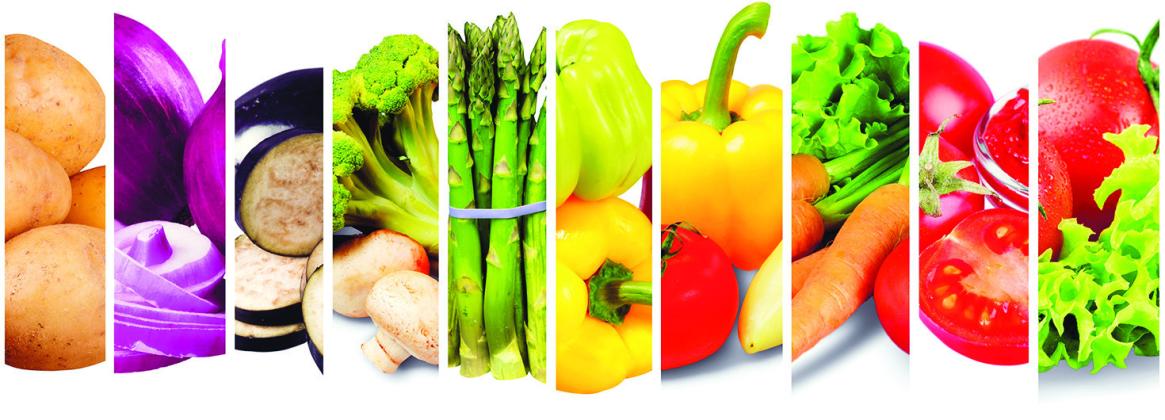SEPTEMBER IS HEALTHY AGING MONTH, an annual health observance designed to focus national attention on the positive aspects of growing older as well as to provide inspiration and practical ideas for adults ages 50 and over to improve their physical, mental, social, and financial well-being. What better time to devote this column to the topic of senior malnutrition?
Why should you be concerned that you or a senior loved one might be malnourished or at risk of malnutrition? Simple: Improper nutrition or malnutrition can affect brain function and increase your risk for many debilitating conditions, poor immune function, and osteoporosis.
Why seniors are at high risk
Malnutrition risk is high among seniors for a number of reasons. One is that the loss of the senses of smell and taste is a normal part of the aging process, which can greatly affect the enjoyment seniors get from food and may contribute to loss of appetite. Aging also affects the way we absorb nutrients from food. Certain digestive enzymes and acids slow down and affect how the foods are broken down.
Various illnesses and chronic conditions, such as Alzheimer’s and depression, can also play a role in declining sense of taste and smell as well as the motivation tomakemeals.Diseases like Parkinson’s can make it more difficult to swallow food. Arthritis and other mobility issues can limit seniors’ ability to shop and obtain healthy foods. Dental problems such as missing, loose, or rotten teeth or dentures that don’t fit properly or cause mouth sores can make it difficult for seniors to chew food.
The medications seniors take to treat the aforementioned illnesses and chronic conditions can also be part of the problem because some of them can interfere with appetite. In fact, taking more than three prescription medications increases seniors’ risk for side effects such as poor appetite, change in taste, constipation, weakness, nausea, and other issues. Then there’s the issue of social isolation. Think about it, meals are usually a social time. But as people advance in age, they tend to spend more time alone, and many won’t bother to prepare a meal if it’s just for them.
Finally, we have to factor in economic hardship. As many as 40 percent of older Americans have incomes below $12,000 per year. Earning less—or choosing to spend less than $50 to $75 per week on food—makes it very hard for seniors to eat the foods they need to stay healthy.
How can seniors lower their malnutrition risk?
First and foremost, seniors need to be aware of signs that they may be at risk of malnutrition or already malnourished. Pay attention to your appetite in order to recognize if/ when it’s starting to decline, and be aware of external factors that might affect your eating pattern. Monitor your weight as well. Involuntary weight loss (or gain) is an important warning sign that should not be ignored. Plus, simply being under- or overweight increases your chances of poor health in general.
Other ways to reduce your malnutrition risk include:
• Focus on getting enough of the right nutrients. Protein is a big one. Try consuming a good protein source, such as peanut butter, cottage cheese, milk, yogurt, lean meats, or eggs, at each meal every day. Also make sure you’re getting adequate B vitamins, found in fortified breads and cereals; vitamin C, found in citrus and some vegetables; vitamin D, found in oily fish and fortified milk; and vitamin E, found in nuts and seeds. (Always talk to your doctor before starting any vitamin or herbal supplement.)
• Use herbs and spices to liven up bland or flat-tasting foods. Avoid using salt.
• See your dentist about poor dentition or poorly fitting dentures.
• Check out your local senior center or contact the Area Office on Aging for connections to resources such as meal- or grocery-delivery services.
• Contact friends or neighbors and arrange a weekly dinner get-together, whether at a favorite local restaurant or in someone’s home.
• If you don’t always remember to eat—a common problem with Alzheimer’s and other memory issues—leave notes to remind yourself.
• Make an effort to eat even if your appetite is not so great. Sometimes just a half sandwich, fruit, and milk can be enough.
• Along with increased protein, experts also recommend daily physical activity, such as resistance training or aerobic exercise, for older adults for as long as possible.
As we get older, eating enough of the right types of foods may become more of a challenge, but that doesn’t mean malnutrition is inevitable for seniors! It simply means we need to be aware of changes taking place in our lives and bodies that can affect how we eat and take simple steps to counteract them. Regularly checking our nutritional health just makes sense.
✲



